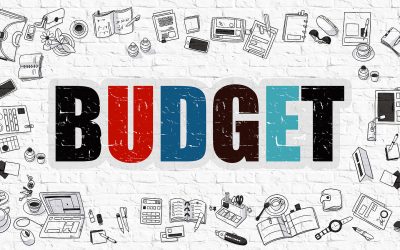Registered VAT vendors can deduct input tax in respect of goods and services supplied to them. However, they may only deduct such input tax only if, or to the extent, that they acquired goods or services to use, consume or supply in the course of making taxable supplies. The vendor must apply an apportionment ratio to determine the input tax to claim in respect of goods or services acquired for a mixed purpose.
Binding General Ruling 16 (‘BGR 16’), which deals with this ratio, was recently revised. This article recaps important principles and highlights key changes to BGR16.
Determining an apportionment ratio
SARS must determine the input tax apportionment ratio a vendor applies in an advance tax ruling or VAT ruling (under section 41B of the VAT Act).
BGR 16, an advance tax ruling, provides the default apportionment ratio. The apportionment method applies in the absence of an alternative method approved by SARS. A vendor who wishes to apply an apportionment method other than the STB must apply to SARS for a VAT ruling.
Any change in the apportionment method generally only applies with effect from a future date; however, SARS may approve an earlier date that it considers equitable. However, such an earlier date must fall within the vendor’s year of assessment (for income tax) in which it applied for the alternative method.
Revised VAT apportionment ruling
The revised BGR 16 (Issue 3) was issued on 27 March 2023. The revised ruling applies to financial years commencing on or after 1 January 2024. The ruling deals with various transitional matters. These include requesting the withdrawal of previously issued rulings and determining provisional ratios to use during the first year the revised BGR16 applies.
Like its predecessor, the revised BGR16 prescribes the standard turnover-based (‘STB’) method as the default method to determine a vendor’s input tax apportionment ratio. While the prescribed formula is still the same as the previous one, the following aspects differ significantly from the previous ruling:
- The ‘c’ variable that previously included the sum of any amounts received or accrued not included in ‘a’ or ‘b’ now refers to amounts of income not included in those variables.
- The list of exclusions has been expanded significantly. In addition, the revised formula caters for various adjustments to income amounts when calculating the variables. The changes include exclusions and adjustments often found in apportionment rulings issued to financial service providers and investment holding companies. Amongst others, it also provides for exclusions for certain accounting entries and extraordinary income.
Similar to issue 2, a vendor may only apply revised BGR16 if the method is fair and reasonable to the vendor’s business activities. The revised version, however, clearly explains the implications and actions required if the method is not fair and reasonable. This aspect of the previous ruling was susceptible to different interpretations, as is evident from Mukuru Africa (Pty) Ltd v CSARS (Case no 520/2020) [2021] ZASCA 116).
Matters to consider
Vendors should adjust their apportionment ratio calculations to align with the revised BGR16. Vendors with existing apportionment rulings should consider whether to request their withdrawal. The ruling may also be a timely reminder for vendors who have not previously done so to apply for an alternative apportionment method if the STB method does not render an equitable result.








